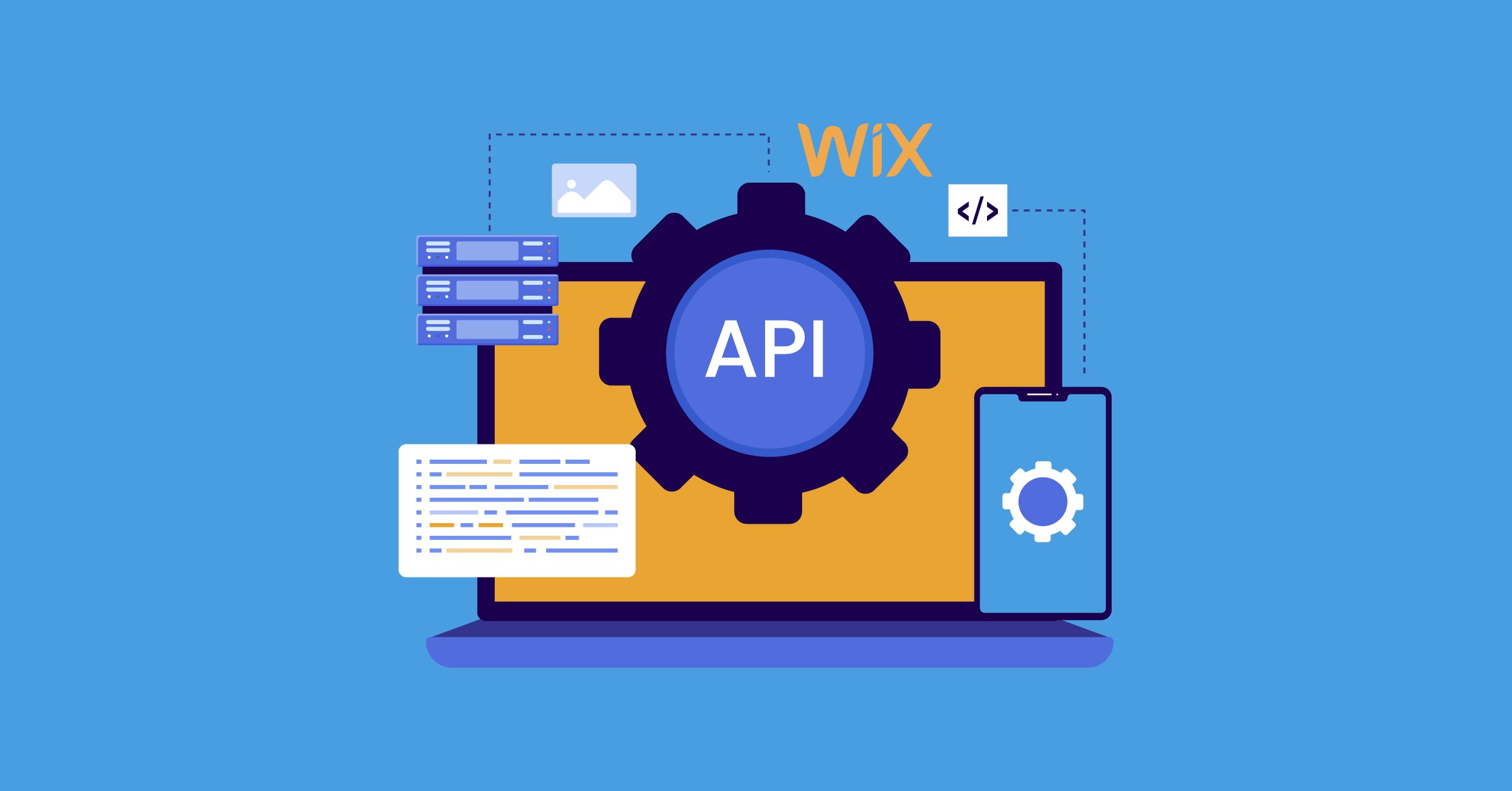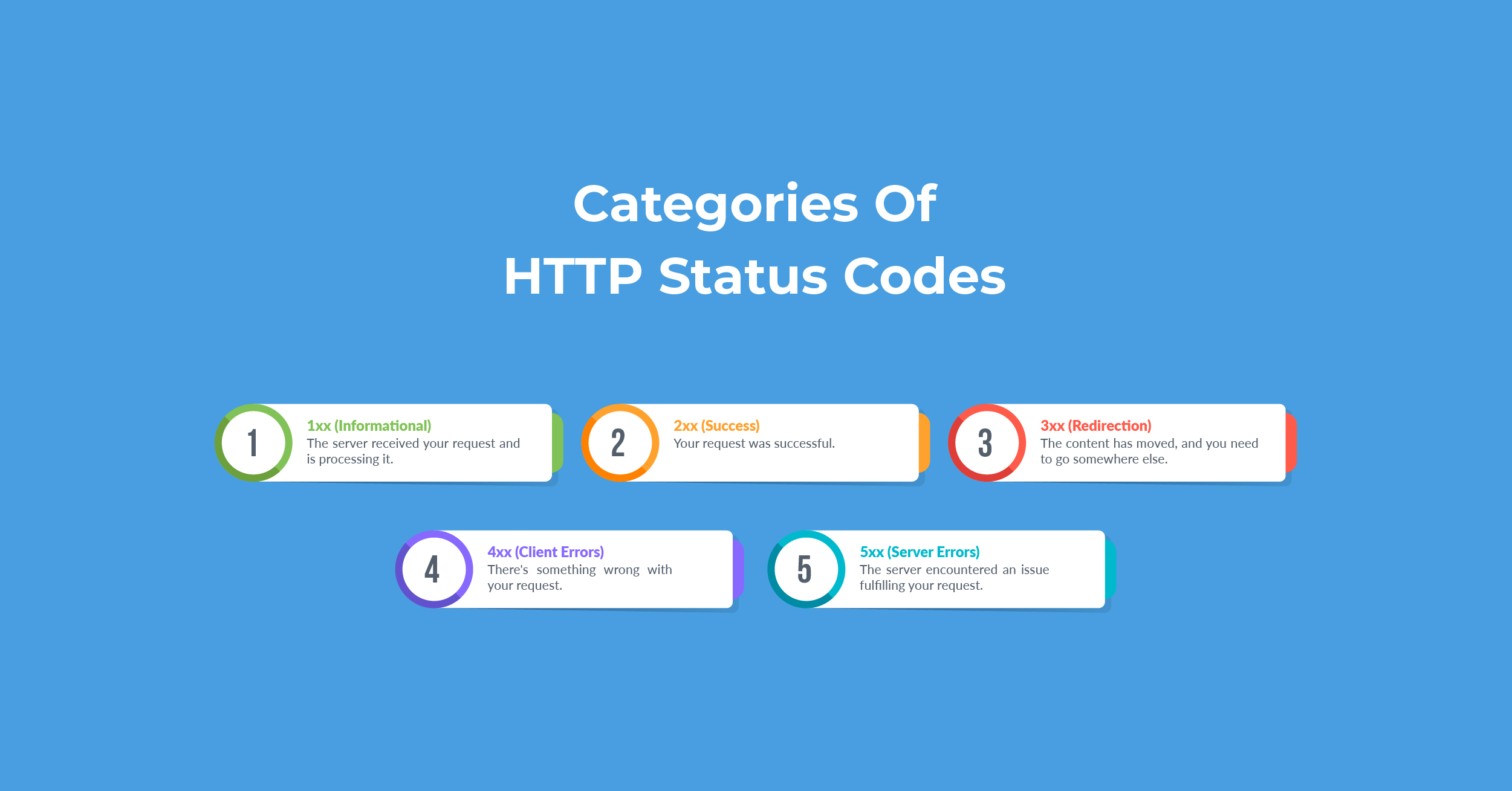Suppose you are a small or medium-sized enterprise (SME) looking for a reliable and efficient enterprise resource planning (ERP) solution. In that case, you might get confused as so many ERP software are available in the market.
However, not all ERP software offers similar features. Some are more suitable for large corporations, while others are more tailored for SMEs. Some are more user-friendly, while others are more complex.
Yet, despite all of this, Odoo remains one of the most popular ERP software options for SMEs.
But how does Odoo compare to other ERP software such as SAP, NetSuite, and Dynamics 365? What are Odoo’s key differences and advantages over its competitors? And why should you consider Odoo as the best ERP solution for your small business?
As you read this article, we will answer these questions in more detail so you will clearly understand how Odoo can benefit your small business in 2024.
What is an ERP?
Before we dive into the comparison of Odoo vs ERP software, let us first define what an ERP is and why you need one for your SME.
ERP is an acronym for enterprise resource planning. Essentially, it is a software system that enables companies to automate various business processes, such as inventory management, sales, human resources, accounting, and manufacturing.
Also, ERP software helps you to automate your operations, improve your productivity, reduce costs, and enhance customer satisfaction. Ultimately, this enables you to make better business decisions and increases your ROI.
There are two types of ERP software:
To use on-premise ERP software, you install and host it on your own servers, while cloud-based ERP software is hosted and managed by a third party.
Typically, on-premise ERP software requires more upfront investments, maintenance, and customization, whereas cloud ERP software is typically more flexible, scalable, and affordable.
A Quick Introduction to Odoo ERP
Odoo is a cloud-based and open-source ERP solution that offers over 7,300 applications to manage various aspects of the business, such as accounting, sales, inventory management, project management, and HR management.
The best part is that Odoo is modular, meaning that you can choose and install the modules that you need for your business, such as CRM, accounting, e-commerce, project management, inventory, manufacturing, etc. As a result, growing businesses can start with a few apps and add more over time.
Furthermore, Odoo has a flexible and transparent pricing structure that starts at $7.25 monthly for one user and includes all apps.
How can SMEs benefit from an ERP solution like Odoo?
As an SME, you might think that ERP software is only for large corporations and that you don’t need one for your business. However, this common misconception can limit your growth and potential.
There are many ways in which ERP software can benefit SMEs, such as:
• Streamlining Business Operations
To compete successfully in the modern business world, a small company needs to handle complex operations more efficiently. This is where ERP software can help by automating and integrating accounting, inventory, sales, and human resources tasks. Consequently, this eliminates manual tasks, errors, and redundancies and improves efficiency and accuracy.
• Reducing Cost
ERP software can help you optimize resources and expenses and avoid unnecessary waste and duplication. ERP software can also help you lower your IT and operational costs, as you don’t need to invest in hardware, software, or maintenance.
• Better Productivity
Saving time and resources is inversely proportional to the output and quality of your product or services. Using ERP software provides you with real-time data and insights into your business performance, allowing you to monitor and measure your progress and results.
• The Best Customer Experience
With the use of ERP software, you get a 360-degree view of your customers, their needs, preferences, and feedback. This empowers you to deliver faster and better products and services, which inevitably translates into a better customer experience and boosts customer loyalty.
5 Key Differences Between Odoo vs Other ERP Software
Now that you know what an ERP is and how it can benefit your SME, let us compare Odoo vs other ERP software and see how they differ in terms of features, benefits, and drawbacks.
There are many ERP software available in the market, but we will focus on some of the most popular and widely used ones, such as:
Here are the five key differences between Odoo and other ERP software, based on our analysis and research:
1. Target market
Odoo caters mainly to SMEs, while other ERP software targets large corporations. SMEs can benefit from Odoo’s scalability, flexibility, and user-friendliness, as well as its affordability.
Additionally, Odoo is suitable for startups, entrepreneurs, and freelancers who need an ERP solution that is easy to use.
However, other ERP software, such as SAP, NetSuite, and Microsoft Dynamics, are more suitable for large enterprises that need a complex and robust ERP solution to handle more advanced and sophisticated business processes, such as global operations, multi-currency, multi-language, and multi-company.
2. Pricing
The cost-effectiveness of a business management system is something that always makes a massive difference in the operating cost of any business. That’s where Odoo’s reasonable pricing structure shines for SMEs.
You get a free lifetime plan with one app for unlimited users, and the standard plan starts at $7.25 per month. Conversely, SAP, NetSuite, and Microsoft Dynamics have more complex and opaque pricing models that depend on various factors, such as the number of modules, users, features, licenses, and support.
3. Customizability
As we told you earlier, Odoo offers a highly modular solution, meaning that there is a dedicated app responsible for each business function.
Odoo also has a marketplace where you can find and install more than 7300 apps and plugins that extend the functionality and features of the software.
In contrast, NetSuite, SAP, and Microsoft Dynamics offer fewer customization options and require a greater level of technical expertise.
4. User interface
Odoo has a simple and intuitive interface that allows you to access and manage your data and processes with ease. Using Odoo’s dashboard, you can see an overview of your business performance and activities. Additionally, with the easy-to-navigate menu, you can access and switch between the different modules and apps.
Meanwhile, SAP, NetSuite, and Microsoft Dynamics have more complex and cluttered interfaces that require more technical skills and training to use. These ERP software also have multiple screens, tabs, menus, and buttons that can be confusing and overwhelming for the users.
5. Functionality
For SMEs, Odoo offers a wide range of features and functionalities, covering all the essential and advanced aspects of running a business, such as accounting, CRM, e-commerce, project management, inventory, manufacturing, and more.
On top of that, you get some incredibly unique and innovative features, such as a website builder, point of sale, email marketing, social media, and more.
SAP, NetSuite, and Microsoft Dynamics, in comparison to Odoo, also offer very similar functionalities but are more specialized in certain industries or functionalities, such as supply chain management, HR management, and e-commerce.
Quick Comparison: SAP, NetSuite, and Microsoft Dynamics ERP vs Odoo
Here is a quick overview of Odoo vs Other top ERP software so you can decide which is right for your business.
| Criteria | SAP | NetSuite | Microsoft Dynamics | Odoo |
|---|---|---|---|---|
| Modular Design | Low, more monolithic, and integrated | Low, more monolithic, and integrated | Moderate, more modular, and flexible | High, very modular, and flexible |
| Industry Focus | Manufacturing, retail, healthcare, finance, and more | E-commerce, professional services, software, and more | Manufacturing, retail, distribution, and more | Manufacturing, e-commerce, services, and more |
| Deployment | On-premise or cloud | Cloud only | On-premise or cloud | On-premise or cloud |
| Innovation | Low, less frequent, and less innovative updates | Moderate, more frequent, and more innovative updates | High, very frequent, and very innovative updates | High, very frequent, and very innovative updates |
| Implementation Time | Long (months to years) | Moderate (weeks to months) | Moderate (weeks to months) | Short (days to weeks) |
Final Remarks on Odoo vs ERP (SAP, NetSuite, Dynamics 365)
Many other top ERP software products are older than Odoo. Still, Odoo has emerged as a viable replacement for SAP, NetSuite, and Microsoft Dynamics due to its scalability and customizable features.
Furthermore, Odoo ERP is cost-effective and a better alternative when you don’t have a bigger budget but still require customizations to satisfy complex business requirements.
If you are interested in trying out Odoo for yourself, you can visit Odoo’s website and sign up for a free trial. Lastly, if you need any help regarding Odoo’s implementation, feel free to contact us. Our team of ERP experts is always ready to help.
Thank you for reading!


